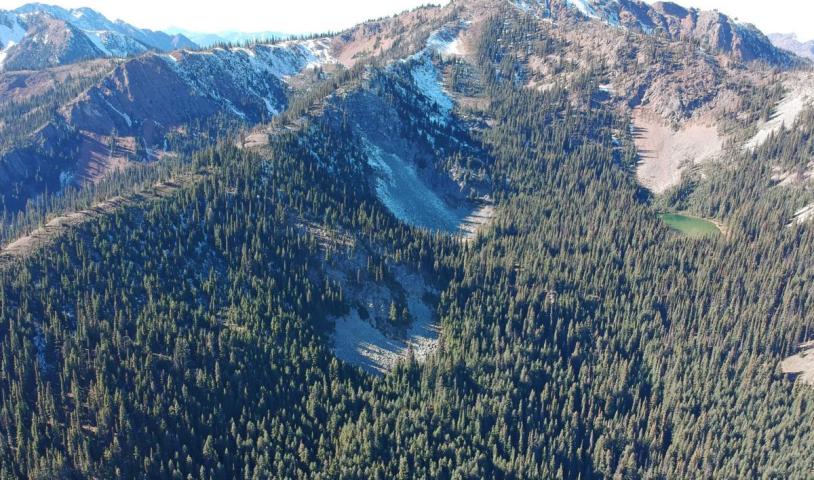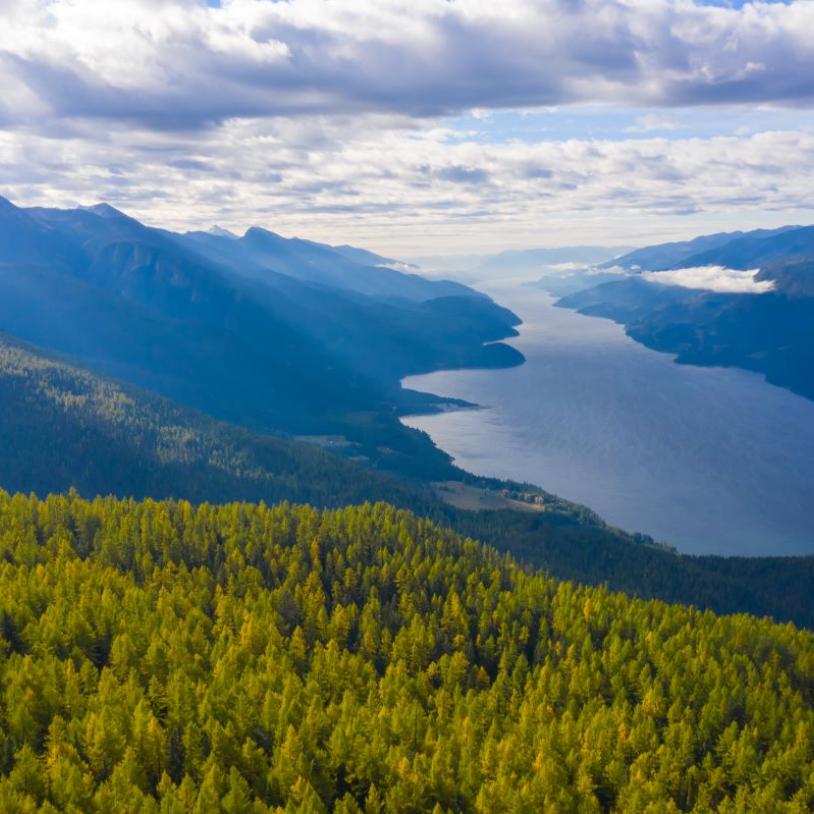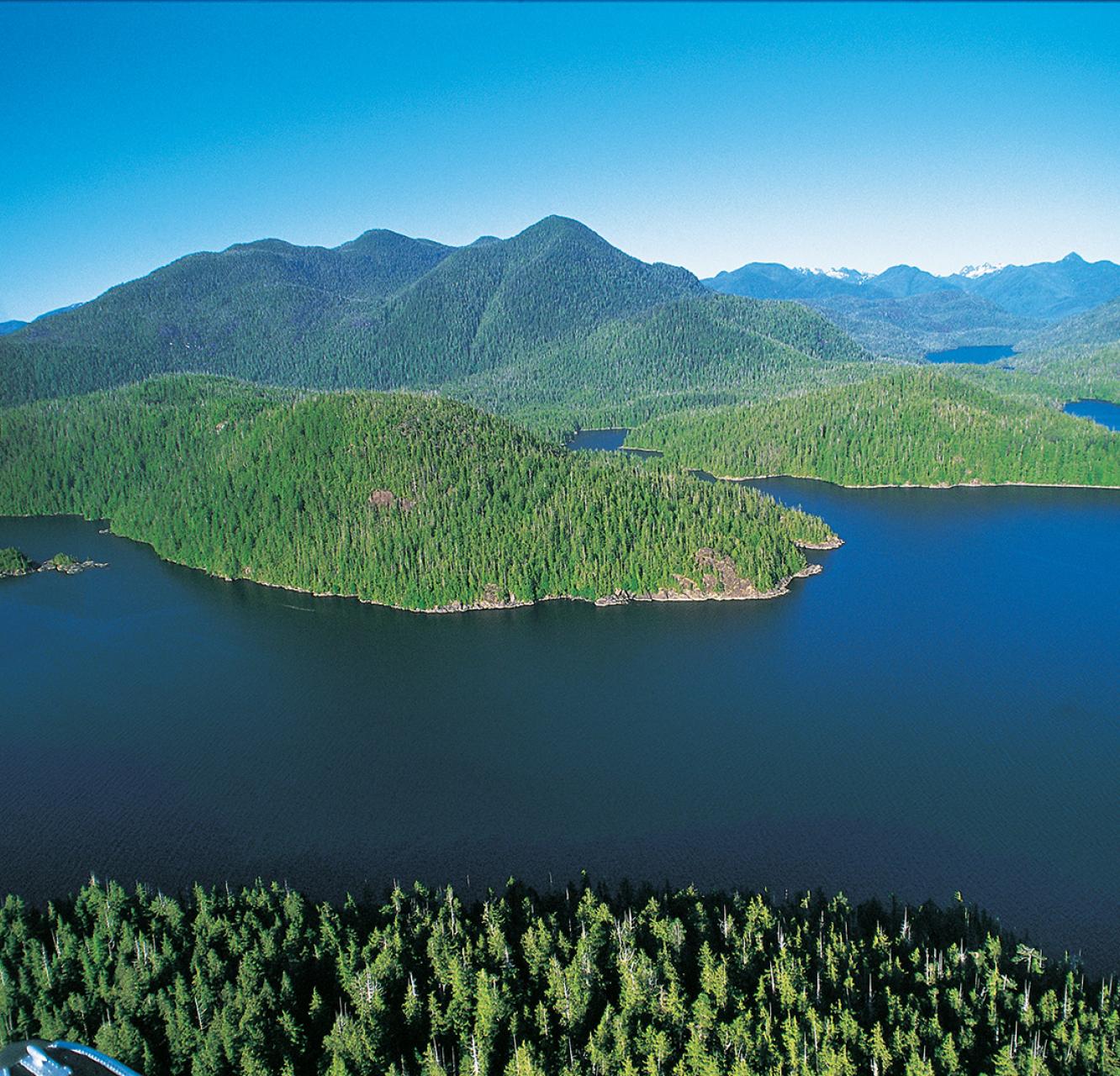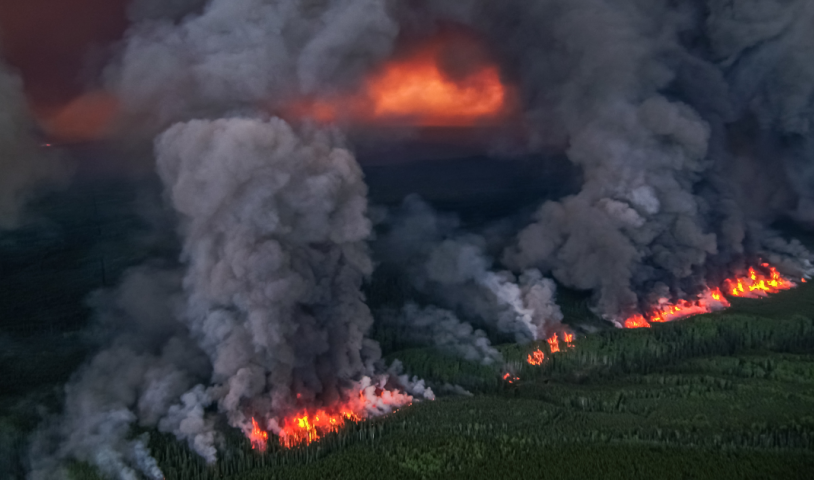Opposition grows for proposed mining in Skagit River headwaters
Sunday, May 19, 2019
A Canadian company has proposed exploratory mining for gold and copper in the headwaters of the Skagit River in British Columbia.
Some officials, tribes and conservation groups on both sides of the border say the proposal threatens the environment of the Skagit River watershed and that it violates an agreement — the High Ross Treaty — that has been in place between the United States and Canada for 35 years.
In the latest show of opposition, a letter was sent Thursday to an official in British Columbia’s Ministry of Energy, Mines and Petroleum Resources. The letter was signed by officials and nonprofits.
Among them are state Sen. Liz Lovelett, D-Anacortes, the nine Seattle City Council members and representatives of national groups such as American Rivers and Defenders of Wildlife. Local groups that signed include the Skagit Watershed Council and Skagit Land Trust.
Imperial Metals Corporation applied in March for permits to drill for mineral deposits for up to five years, the Associated Press reported. The company wants to search for gold and copper in the area where the Skagit River begins, in the Canadian portion of the Cascade Range.
According to Imperial Metals’ permit application, exploratory mining would involve building roads, helicopter landing sites, air strips, boat ramps and settling ponds as well as doing surface drilling. The company expects those activities to impact about 0.9 of an acre.
As the Skagit River passes through Whatcom and Skagit counties, it provides water for drinking, irrigation, fish and recreation. Those opposed to the exploratory mining proposal say it would put the river and everything that relies on it at risk.
“Washington’s Skagit River and its international watershed is a key provider of healthy salmon populations, resources associated with tribal treaty rights, world class recreational opportunities on national park and forest lands and fresh water for agriculture and ultimately Puget Sound,” Tom Uniack, executive director for the conservation organization Washington Wild, said in a news release accompanying Thursday’s letter.
That letter follows others from area tribes, Seattle officials and nonprofits.
Leaders of the Upper Skagit Indian Tribe, Swinomish Indian Tribal Community and Union of British Columbia Indian Chiefs expressed alarm over the proposal in an opinion piece published May 12 in The Seattle Times.
“Mining in the Skagit River headwaters is antithetical to salmon recovery and our way of life,” the opinion piece reads. “Our subsistence, cultural and commercial activities are dependent upon wild salmon, and are central pillars to Washington tribes’ treaty-protected rights.”
From its headwaters, the Skagit River passes through Seattle City Light’s three hydroelectric dams in Whatcom County before carving through Skagit County and emptying into the Salish Sea.
The Skagit River also winds through the Mount Baker-Snoqualmie National Forest and the agriculturally rich Skagit Valley. The river provides one-third of the freshwater flowing into Puget Sound.
Along the way, the river supports all five species of Pacific salmon as well as steelhead trout. Some of those fish, particularly threatened Puget Sound chinook salmon, are critical food for the endangered Southern Resident orca whales, which the state has been trying to prevent from going extinct.
“The Washington state Legislature is putting time, effort and resources into restoring and preserving salmon habitat to help with the recovery of our beloved resident orca,” Lovelett said in a statement she released May 1. “Siting a mine at the headwaters of this watershed risks too much.”
Imperial Metals is known for a past environmental mishap at one of its mines. A slurry was released from its Mount Polley mine into Polley Lake in 2014 following years of copper and gold mining — an operation similar to what the company now envisions for the Skagit River headwaters.
“The headwaters of the Skagit River is no place for a mine and the headwaters of any river should no longer be a place where this mining company should be involved,” Leo Bodensteiner, U.S. chair of the Skagit Environmental Endowment Commission, said in the release that accompanied Thursday’s letter. “Imperial Metals is responsible for the largest mining disaster in British Columbia history.”
According to Canadian news organizations, the mishap at Polley Lake occurred due to a dam break at the mine site, about 250 miles north of the area the company is now eyeing at Silverdaisy Mountain in the headwaters of the Skagit River.
Silverdaisy Mountain is in an unprotected area — referred to as the “donut hole” — between British Columbia’s Skagit Valley and E.C. Manning provincial parks.
South of this “donut hole” is protected land — both in British Columbia and the U.S. — that the regional nonprofit Conservation Northwest said makes up one of the largest blocks of interconnected protected land along the shared border.
Ross Lake, a National Recreation Area in the North Cascades complex, sits almost directly south of Silverdaisy Mountain.
The creation of Ross Lake after construction of Seattle City Light’s Ross Dam led to the High Ross Treaty, which was signed in 1984.
The most recent mining opposition letter urges British Columbia’s Ministry of Energy, Mines & Petroleum Resources to deny the proposed mining and work toward long-term protection of the Skagit River headwaters as called for in the treaty and set as the mission of the Skagit Environmental Endowment Commission.
Conservation Northwest, which signed on to the group letter this week, also submitted an independent comment in response to the proposal.
In that comment, International Programs Director Joe Scott said the organization stands with the Native American and First Nation tribes, and the dozens of other conservation and recreation groups who have spoken out.
“Industrial activities as proposed in the application are ill-advised and inappropriate in such a sensitive area with such high ecological, environmental and recreational values,” Scott wrote.





